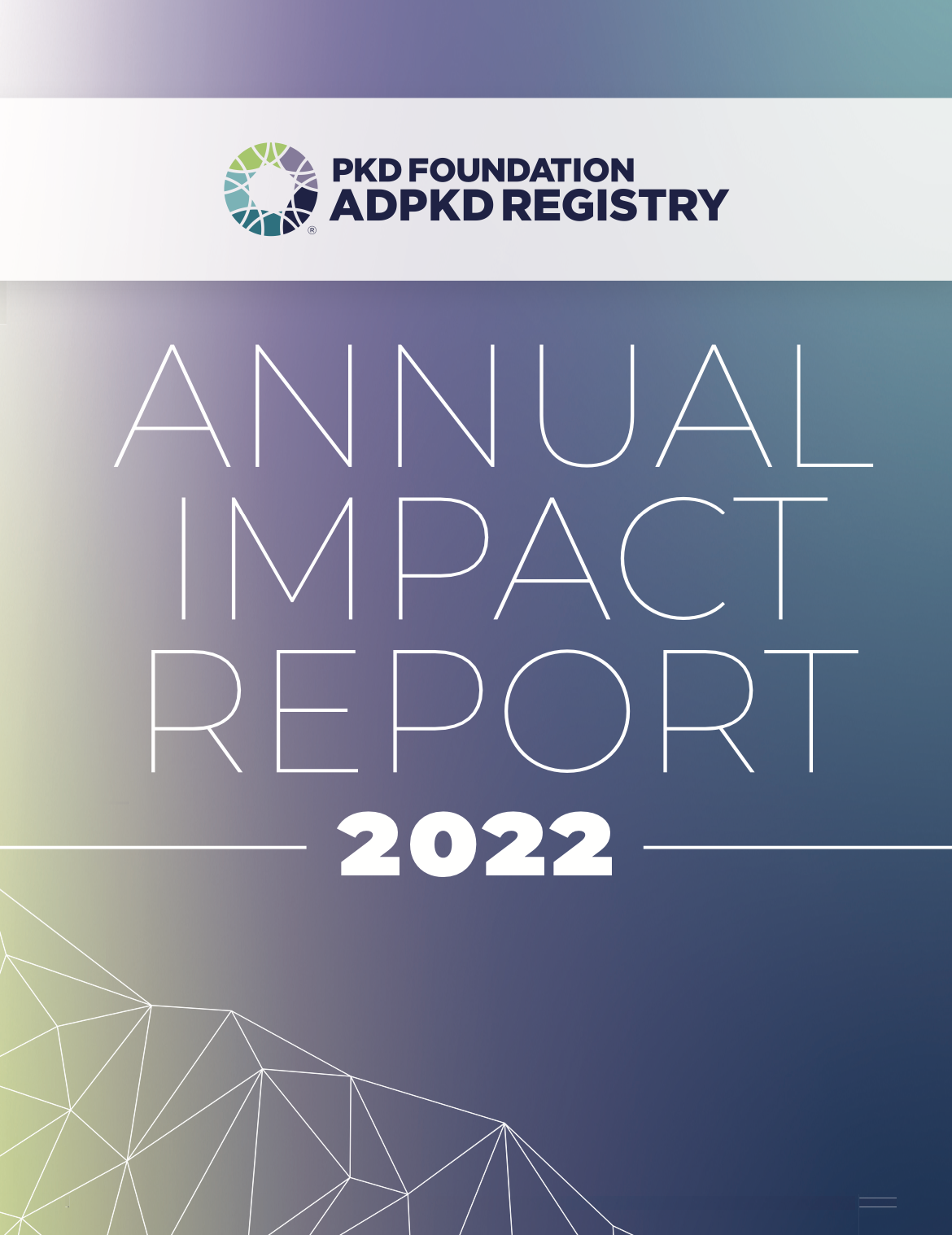Details
April 6, 2021
7 p.m. CST
PKDF’s new direct-to-patient clinical trial webinar enables patients to hear directly from clinical study investigators to determine if a new study is right for them. Based on research eligibility criteria, we invite those individuals who believe they may qualify to attend our webinar to learn more about this study at Mayo Clinic in Rochester, MN.
About the studies: oxidative stress, which results from an imbalance between the production and removal of reactive oxygen species (ROS), is commonly observed in several renal diseases including ADPKD. While low levels of ROS are required for normal cell function, oxidative stress leads to inflammation, cell death, and disease/injury progression. In ADPKD, the mechanisms leading to oxidative stress, including ROS generation and elimination remain elusive. Furthermore, the utility of oxidative stress and related biomarkers early on the disease is unclear. Our basic research focuses on identifying the main ROS producers, antioxidant response and therapeutic effect in animal models of ADPKD. Concomitantly, two of our ongoing clinical studies concentrate in determining the value of using urine and blood oxidative stress and antioxidant markers as real-time biomarkers to assess disease severity and progression in patients with early ADPKD.
Learning Objective(s)
-
Summarize the research objectives and how these two clinical studies are expected to impact ADPKD.
-
Identify what participation in this study looks like, and how to know if you’re eligible.
-
Conclude how participating in studies and clinical trials can accelerate PKD research.
Speaker

Maria Irazabal, M.D.
Associate Consultant I-Research
Division of Nephrology & Hypertension
Department of Internal Medicine
Mayo Clinic
Dr. Maria V. Irazabal’s primary research is focused on understanding the pathogenesis and molecular mechanisms of renal injury in ADPKD, with the purpose of identifying early disease biomarkers for risk stratification, prediction of disease progression and new pathways for therapeutic interventions. Dr. Irazabal is an Assistant Professor of Medicine and a faculty member of the Mayo Clinic PKD Center. Her contribution to the field of PKD research includes the development of an imaging classification for ADPKD patients, which is broadly used for selecting which patients with ADPKD to treat. Dr. Irazabal’s research program is funded by the National Institutes of Health and the PKD Foundation. Areas of particular interest include the study of mechanisms leading to oxidative stress, the antioxidant response and associated metabolic abnormalities, as well as the development of statistical models to determine disease severity and predict renal function decline in patients with ADPKD.



